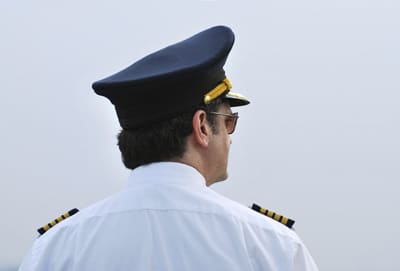In a past post, we reported on the case of Mr. Nicholas Gudzinski, who was killed on August 19, 2006, when he lost control of his aircraft after making a slow-speed pass at a low altitude. Gudzinski had earned his Canadian private pilot’s license in 1993, but his most recent medical certificate had expired on June 1, 2005.
Gudzinski’s estate submitted an insurance claim for damage to the aircraft as a result of the crash. The aviation insurer denied the claim, on the basis that the policy only provided coverage to an “approved pilot … who has the required license.”
The estate launched a lawsuit and the matter came before a Chambers Master of the Alberta Court of Queen’s Bench as a “Special Case for the opinion of the Court.” The Master ruled that the language of the policy was ambiguous, and the policy only required the pilot to have obtained a license to fly an aircraft without subsequent compliance with the legislative requirements. Accordingly, the Master ruled that the policy provided coverage.
The insurer launched an appeal and on April 26, 2011, a judge overturned the Master’s ruling. The judge ruled that a “required license” under the policy meant that the license had to be valid.
The estate then appealed the judge’s ruling. In a unanimous decision issued on January 9, 2012, the Alberta Court of Appeal confirmed that Mr. Gudzinski’s aviation insurance policy was not ambiguous and the insurers of his aircraft were entitled to rely upon the exclusion that the policy “applies only if your aircraft is flown by an approved pilot … who has the required license … to fly.”
The Court ruled that reference to a license means (both in ordinary speech and in law), a license in force. What Mr. Gudzinski had was not enough. What was “required” to let him fly was a pilot’s license with an up-to-date Medical Certificate. Since he did not have the Certificate, his license was expired.
As stated by the court, “such a paper may be decorative or a precious souvenir, but it is not a license.”


